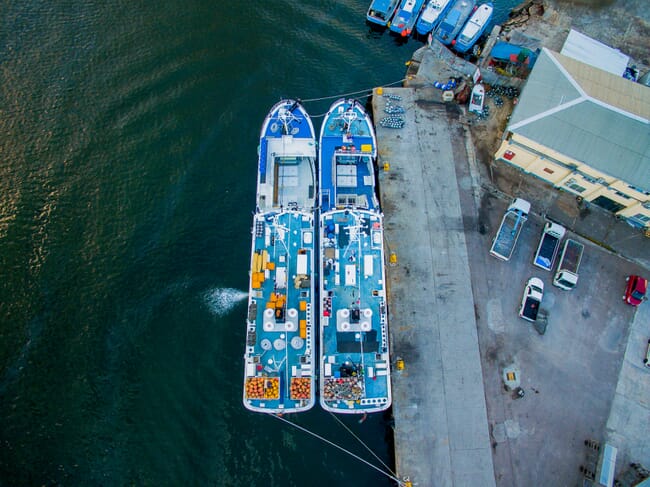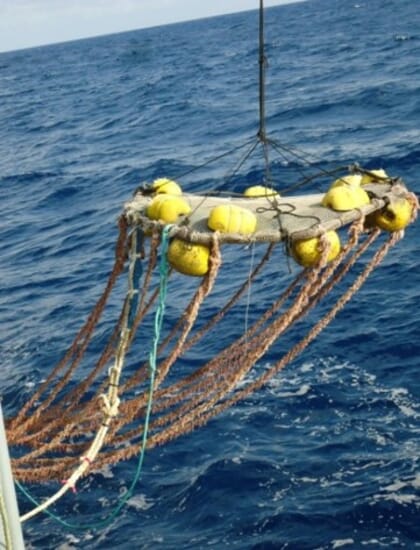The fleet, composed of 15 vessels grouped in the Organization of Associated Producers of Large Tuna Freezers (OPAGAC), invites the remaining 37 purse seiners from other countries to start similar projects, with the objective of eliminating the environmental impact of these devices at the end of their useful life.
The Spanish fleet has achieved this important accomplishment after the launch, over one year ago, of the FAD Watch project, following the agreement signed in September 2016 with the Seychelles Fisheries Authority (SFA), the Island Conservation Society (ICS) and the Island Development Company (IDC). After the excellent results obtained, the agreement will be extended for another year and, according to those responsible for ICS, "now is the time for other fleets to join the project to help the Seychelles to achieve reef and beach environments completely free of FAD waste in the near future”.

How FAD Watch works
Currently, thanks to the monitoring software developed by the companies Satlink and Marine Instruments, the Island Conservation Society (ICS) receives information about the position of FADs for the 15 Opagac purse seiners, including the six from the INPESCA shipping company, recently integrated in this organization. The software facilitates reporting of the positions of FADs at risk of drifting to sensitive areas, at very short intervals, which facilitates their follow-up, intervention and removal by ICS.

Once they are removed, FADs are properly stored until they are collected for recycling. The existing database is queried to produce reports regarding the types of FADs used and their potential environmental impact, towards more eco-friendly FAD designs.
According to Julio Morón, managing director of Opagac: "We are very satisfied with the result of this pioneering project in the world, which has allowed us to advance in our commitment to the sustainability of the marine ecosystems in which we operate".
In addition to actively participating in the FAD WATCH project, the Opagac tuna fleet has developed, in collaboration with the AZTI technology research institute, a new generation of biodegradable FADs. In this pilot project, Opagac deployed a hundred of these new devices in the Indian Ocean to evaluate its durability and effectiveness to catch fish under real conditions of use and ensure that the materials used in its construction are biodegradable.



